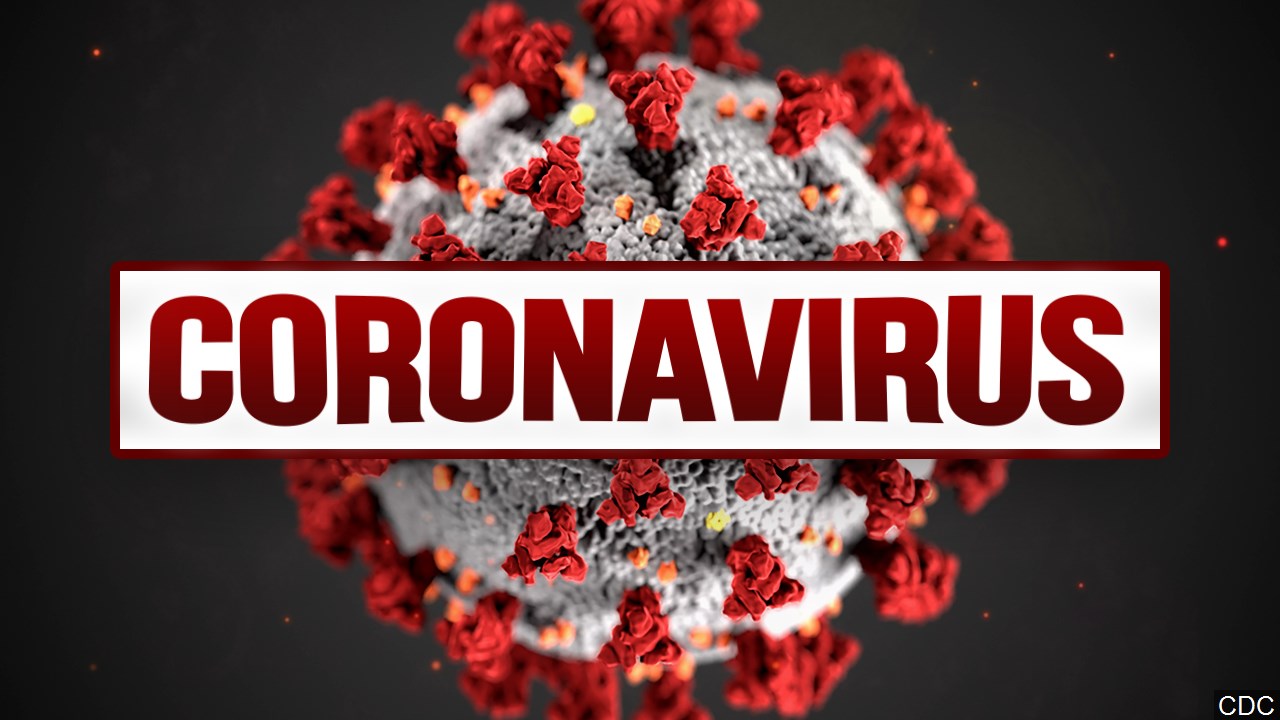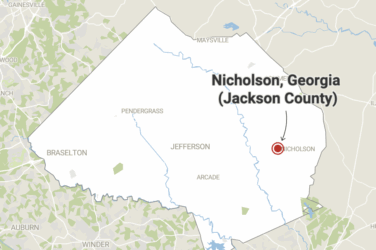Throughout the coronavirus pandemic, the elderly population continues to suffer disproportionately from the virus strain. Out of the 416 deaths in Georgia as of April 10, individuals 60 years or older account for 35% or about 146 of those deaths, according to the Georgia Department of Public Health. Clarke County has seen nine of those deaths.
Clarke County is one of the most impoverished counties in the country with a 38% poverty rate, putting its low-income elderly population at a higher risk of contracting the virus due to a lack of medical resources. More than a third of Clarke County’s low-income citizens are minorities, adding racial disparities to the disadvantages in healthcare faced by the poor.
Toni Miles, an professor of epidemiology and biostatistics professor in the College of Public Health who specializes in end of life care and chronic diseases, said part of the reason racial disparities are prevalent is due to the high number of minorities in the gig economy (temporary and freelance jobs), which often do not provide healthcare or insurance.
Those kinds of jobs typically fall to people like us [minorities],” Miles said. “It’s the job that exposes you [to the inequalities].”
Miles noted similarities to the Tuskegee Study of Untreated Syphilis of the Negro Male, which was a study by the U.S. Public Health Service from 1932-1972. It followed the effects of syphilis left untreated in African-American males without their consent.
“Medical history is full of these misconceptions that we [African Americans] don’t suffer as much from those problems as whites,” Miles said. “Medicine has racism baked into it. It’s not just a thing—it’s the way doctors are trained.”
Now that most of the vital Athens facilities for adults over the age of 65 like wellness centers are closed, it’s an on-going question of whether those who deliver in-home services stay home or not—for everyone’s safety.
Amy Lancaster, the director of development of the Athens Community Council of Aging, says that although the facility is closed, it has still been working to ensure that “no senior will be left behind” as staff is still carrying out their Meals on Wheels program to 800 seniors a week, with 500 of those being emergency clients.
To maintain social distancing, AACA staff makes daily calls to clients by phone and on the Zoom meeting platform to those with technological capabilities. While the organization’s main focus is getting the food out, the seniors’ mental health is still a priority as many of them are dealing with the loneliness the Coronavirus has created.
“We’re really concerned about social isolation at this point,” Lancaster said. “If you have an elderly family neighbor or friend, do like we are, and check up on them. If they are running low on groceries or any essential needs, either drop it off safely to them or contact us [the AACA] if it’s an emergency situation.”
It is not clear how long the country will be taking extra precaution in caring for its grandparents’ generation either.
Jose Cordero, the head of the UGA College of Public Health, says that viruses actually “don’t end but will become dormant with the possibility of coming back.”
Other than practicing social distancing, the Center for Disease Control and Prevention recommends older adults to take this time in isolation to create a care plan that summarizes medical conditions, medications and emergency contacts which are essential for emergency preparedness.
Danielle Harvey is a junior majoring in journalism in the Grady College of Journalism and Mass Communication at the University of Georgia.








Show Comments (0)